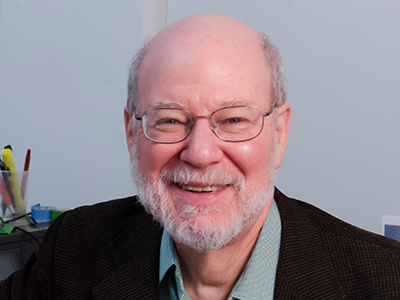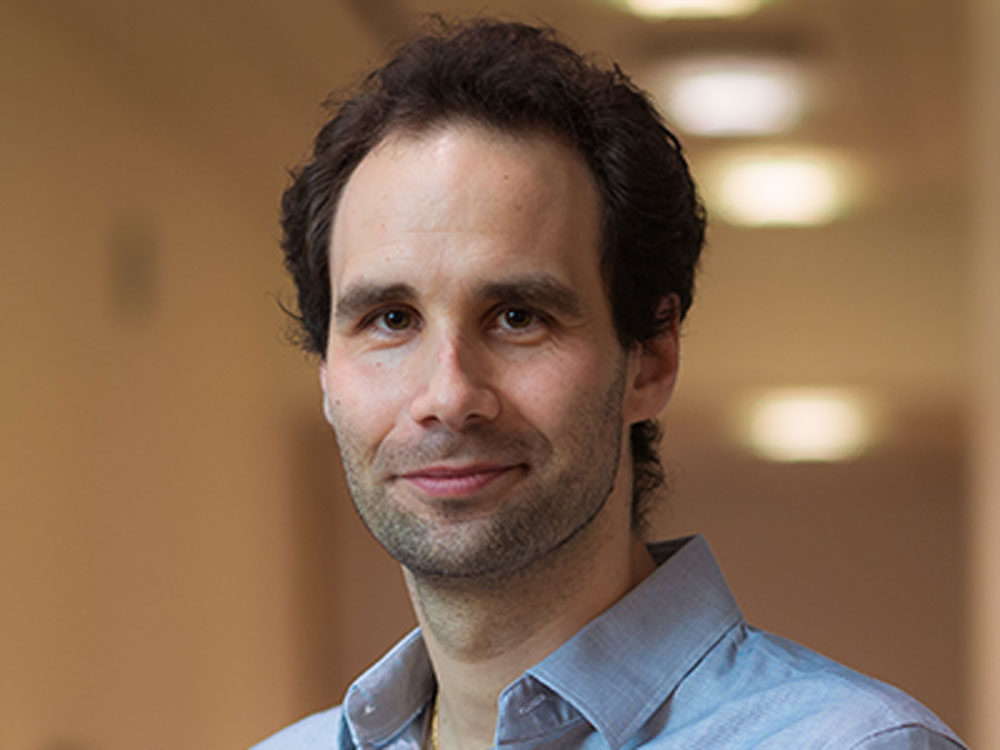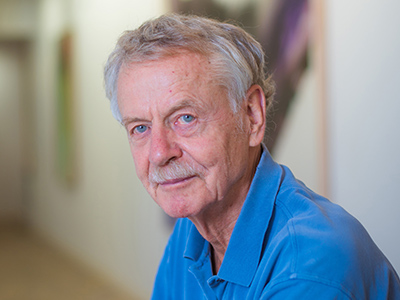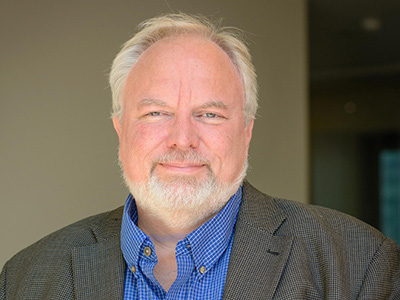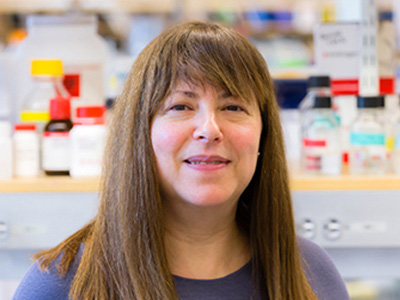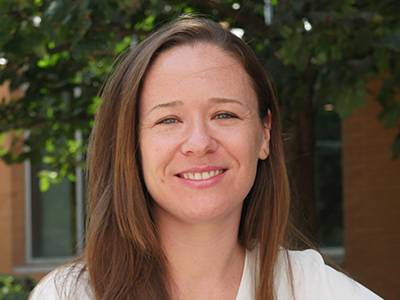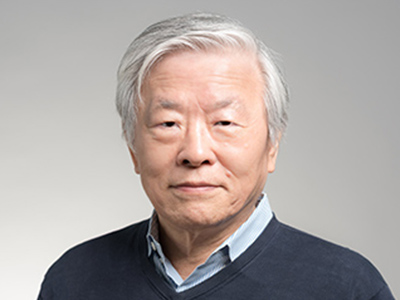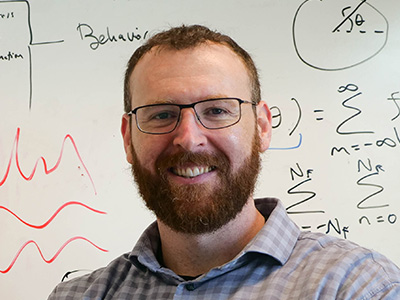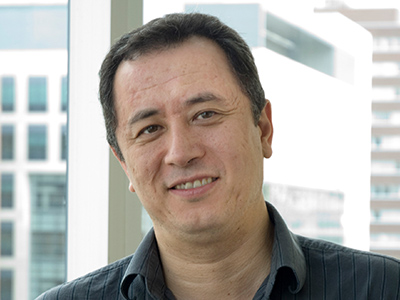H. Robert Horvitz analyzes the roles of genes in animal development and behavior, gaining insight into human disease.
Siniša Hrvatin studies states of stasis, such as mammalian torpor and hibernation, as a means to harness the potential of these biological adaptations to advance medicine.
Rudolf Jaenisch uses pluripotent cells (ES and iPS cells) to study the genetic and epigenetic basis of human diseases such as Parkinson’s, Alzheimer’s, autism and cancer.
Troy Littleton is interested in how neuronal connections form and function, and how neurological disease disrupts synaptic communication.
Elly Nedivi studies the mechanisms underlying brain circuit plasticity — characterizing the genes and proteins involved, as well as visualizing synaptic and neuronal remodeling in the living mouse brain.
Sara Prescott investigates how sensory inputs from within the body control mammalian physiology and behavior.
Zuri Sullivan studies how interactions between the immune system and the brain affect physiology and behavior to promote host defense.
Susumu Tonegawa investigates the biological underpinnings of learning and memory in rodents.
Brady Weissbourd uses jellyfish to study nervous system evolution, development, regeneration, and function.
Matthew Wilson studies rodent learning and memory by recording and manipulating the activity of neurons during behavior and sleep.

